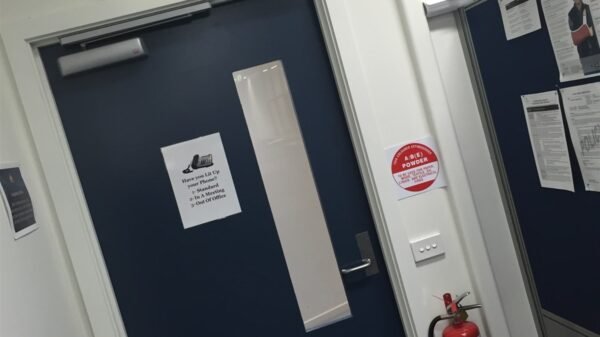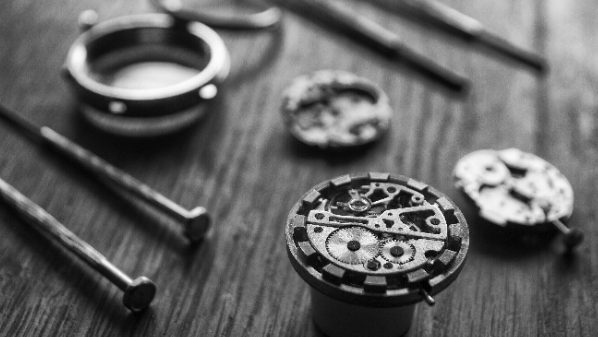You’ve got a huge exam coming up—and it feels like no matter how much you study, you’ll just never be ready.
However, this isn’t the case! When preparing for an exam like the SAT, GMAT, or GRE, the key is to study smarter, not harder.
To do this, you need to approach the study process with smart intentions, which means avoiding some of the most common studying pitfalls. To learn more, keep reading to find some of the most common exam prep mistakes—plus, how you can avoid them.
Cramming the Night Before
This is one of the most common exam preparation mistakes—leaving everything until the night before. Many students think they’re fine to just pull an all-nighter and do all of their studying the night before an exam.
However, this is the worst exam preparation strategy. Our brains can’t remember everything all at once, especially when they’re sleep-deprived.
If you’re running on little sleep, you’re going to be tired, unfocused, and overwhelmed, none of which contribute to a great test grade.
Memorizing Instead of Learning
If you’re wondering how to prepare for an exam, know that it’s all about learning and understanding, not just memorizing.
Memorizing information that you can recite verbatim isn’t useful for most types of tests, which use critical thinking and logic to test students’ knowledge. You’re better off working on a deep understanding of the material, what it means, and how it can be applied to a range of scenarios.
Studying in the Wrong Environment
Another common study mistake is studying in the wrong environment. Could you study in your room while your roommate is having a party downstairs?
Nope! Study environments should be quiet and free from distractions, so you can focus on the task at hand. Aim to create a quiet study space for yourself where you won’t be bothered by noise, distractions, or phone calls.
And yes, this also applies to your smartphone! You won’t learn if you’re constantly scrolling social media, so pop your phone in a desk drawer or turn it on airplane mode so you can concentrate.
Neglecting to Make a Plan
To study effectively, you need to make a plan. Too many students just read through their notes and hope for the best, but you’ll do better if you make a study schedule.
Work out all the topics you’ll need to know before you get started, then divide them into blocks. Each study session, work on one of your blocks.
That way, you know you’ll have everything prepared by the time the exam date rolls around.
Skipping the Practice Tests
Another big mistake—skipping out on the practice tests! If you’re studying for a crucial exam, like the NPTE, you absolutely need to take NPTE preparation tests.
This is the only way you’ll learn about what to expect during the actual test. You can think of them as a practice run, which will help you feel more comfortable and can also reduce nerves.
With a practice test, you can also work out which areas you’re very knowledgeable in and which areas could use some improvement, since the tests allow you to check your answers after you finish.
Never Giving Yourself a Break
Some students feel like they need to study every minute of every day leading up to the test, but this isn’t a good strategy. You don’t want to spend your entire life studying, as your brain is just going to get overwhelmed and overstimulated.
It’s better to develop a healthy approach to studying, where you study a few days per week, but also
Getting too Stressed and Ignoring Your Mental Wellbeing
Taking exams can be a very stressful time in your life. Often, it can feel like everything is riding on your test results—grad school admission, getting a good job, or landing an internship.
However, you really need to work on managing your stress levels, so that your mental health doesn’t suffer. It helps to get enough sleep, make time for friends and family, and talk to your instructors or even a counselor if you feel like you’re not coping.
Living On Junk Food
Many students find themselves living on pizza and junk food, especially when studying for a big test. Yes, junk food, fast food, and delivery are quick and convenient, but they’re not providing you with the nutrition you need for your brain to study and process new information.
When studying, you want to eat a healthy, balanced diet, rich in brain foods that will boost memory. These include fatty fish like salmon, nuts, eggs, green tea, pumpkin seeds, and even dark chocolate.
Turmeric is also a great spice to cook with, as it can benefit memory and even help new brain cells grow.
When Preparing for an Exam, Watch Out for These Common Issues
It’s not always easy preparing for an exam, but you can do it! The key is to look out for these common studying errors to make sure you don’t derail your exam results.
With planning, organization, and a bit of hard work, you’re sure to do the best you can on your test. On the test day, just remember to get a good night’s sleep, eat a healthy breakfast, and take a few deep breaths—you’ve got this!
If you found this article helpful, please keep reading to find more informative content.





























































